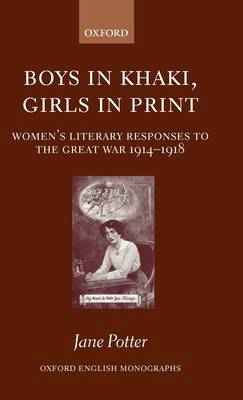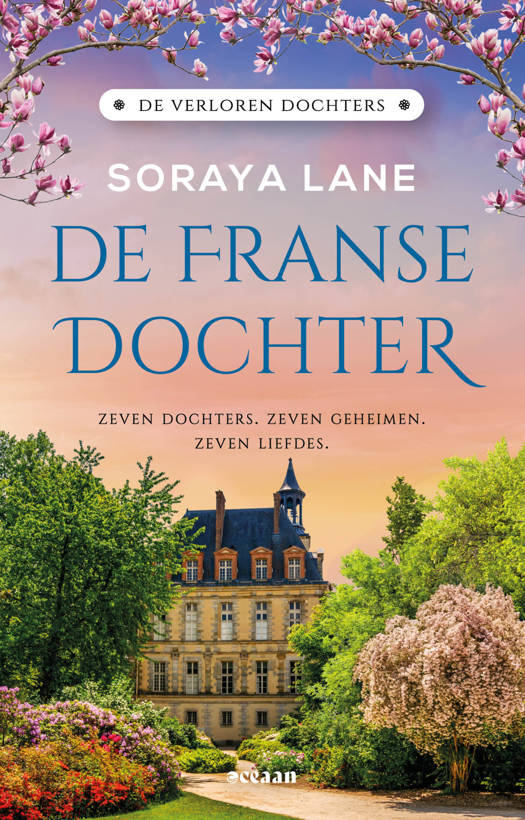
Door een staking bij bpost kan je online bestelling op dit moment iets langer onderweg zijn dan voorzien. Dringend iets nodig? Onze winkels ontvangen jou met open armen!
- Afhalen na 1 uur in een winkel met voorraad
- Gratis thuislevering in België vanaf € 30
- Ruim aanbod met 7 miljoen producten
Door een staking bij bpost kan je online bestelling op dit moment iets langer onderweg zijn dan voorzien. Dringend iets nodig? Onze winkels ontvangen jou met open armen!
- Afhalen na 1 uur in een winkel met voorraad
- Gratis thuislevering in België vanaf € 30
- Ruim aanbod met 7 miljoen producten
Zoeken
€ 93,95
+ 187 punten
Uitvoering
Omschrijving
Modernist texts and writings of protest have until now received most of the critical attention of literary scholars of the First World War. Popular literature with its penchant for predictable storylines, melodramatic prose, and patriotic rhetoric has been much-maligned or at the very least ignored. Boys in Khaki, Girls in Print redresses the balance. It turns the spotlight on the novels and memoirs of women writers--many of whom are now virtually forgotten--that appealed to a British reading public hungry for amusement, news, and above all, encouragement in the face of uncertainty and grief. The writers of 1914-18 had powerful models for interpreting their war, as a consideration of texts from the Anglo-Boer War of 1899-1902 shows. They were also bolstered by wartime publishing practices that reinforced the sense that their books, whether fiction or non-fiction, were not simply "light" entertainment but powerful agents of propaganda. Generously illustrated, Boys in Khaki, Girls in Print is a scholarly yet accessible illumination of a hitherto untapped resource of women's writing and is an important new contribution to the study of the literature of the Great War.
Specificaties
Betrokkenen
- Auteur(s):
- Uitgeverij:
Inhoud
- Aantal bladzijden:
- 272
- Taal:
- Engels
- Reeks:
Eigenschappen
- Productcode (EAN):
- 9780199279869
- Verschijningsdatum:
- 8/12/2005
- Uitvoering:
- Hardcover
- Formaat:
- Genaaid
- Afmetingen:
- 140 mm x 216 mm
- Gewicht:
- 494 g

Alleen bij Standaard Boekhandel
+ 187 punten op je klantenkaart van Standaard Boekhandel
Beoordelingen
We publiceren alleen reviews die voldoen aan de voorwaarden voor reviews. Bekijk onze voorwaarden voor reviews.











